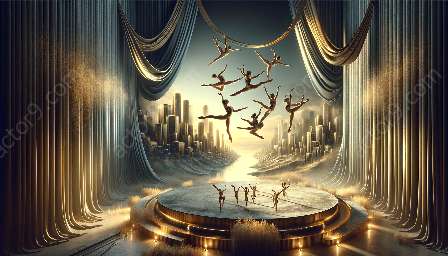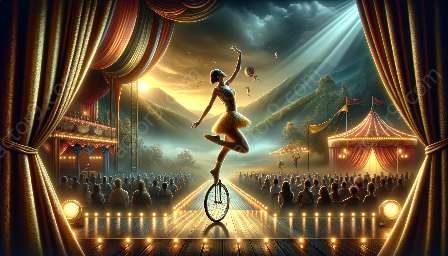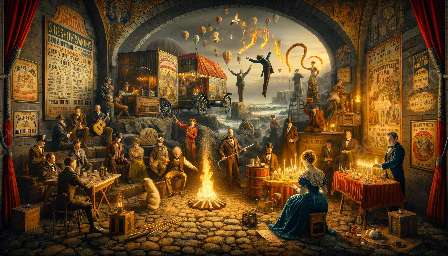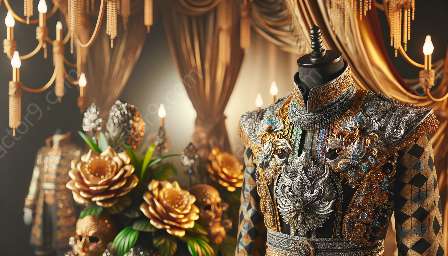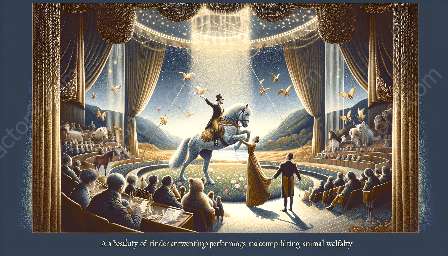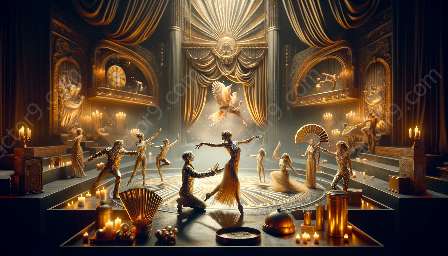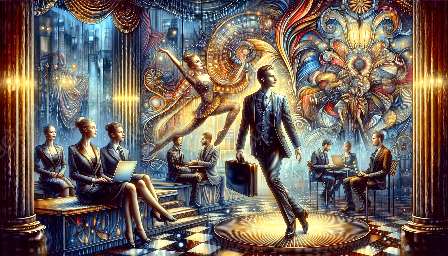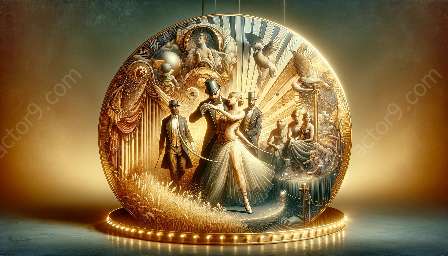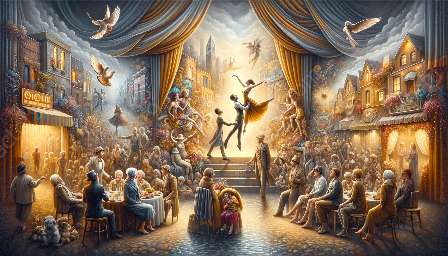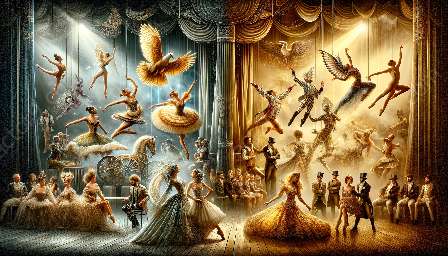Sideshow performances have a rich history dating back to the early days of circus arts, often raising ethical considerations that continue to spark debate and controversy. Understanding the complex dynamics of sideshow performances involves examining their historical context, societal impact, and the intricate relationship with circus arts.
History of Sideshow Performances
The origins of sideshow performances can be traced to the traveling circuses of the 19th and early 20th centuries, where acts featuring individuals with unique physical attributes or skills captivated audiences. These acts, often referred to as 'freak shows,' showcased people with conditions such as albinism, dwarfism, or other physical variations, as well as individuals with exceptional talents like sword swallowing or fire eating.
While sideshows were initially presented as an opportunity for individuals to display their unique abilities and entertain audiences, they soon became embroiled in ethical debates centered on exploitation, objectification, and the implications of showcasing human differences as spectacle. The tension between celebrating diversity and commercializing it for entertainment became a central theme in the ethical considerations surrounding sideshow performances.
Controversies and Ethical Considerations
The ethical considerations surrounding sideshow performances revolve around several key issues. One of the primary concerns is the portrayal and treatment of individuals with physical or mental differences within the sideshow context. Critics argue that these performances perpetuated harmful stereotypes and marginalized individuals based on their appearance or abilities, perpetuating societal biases and stigmatization.
Moreover, questions regarding consent, autonomy, and fair compensation for performers have been central to the ethical debates. Many sideshow performers faced exploitation and coercion, leading to discussions about the agency and rights of individuals participating in these performances. The ethical complexities of sideshow performances have raised important questions about exploitation, empowerment, and representation within the context of entertainment.
Sideshow Performances and Circus Arts
The relationship between sideshow performances and circus arts is significant, as sideshows were often an integral part of traditional circus spectacles. The diversity of acts within circuses, including sideshows, contributed to the multifaceted nature of circus arts, offering audiences a wide range of performances and experiences. However, the ethical considerations related to sideshow performances have influenced the evolution of circus arts, prompting discussions about inclusivity, dignity, and ethical representation within the realm of entertainment.
Throughout history, sideshow performances and circus arts have intersected, reflecting the broader societal attitudes towards difference, performance, and entertainment. As the ethical awareness surrounding sideshow performances continues to evolve, contemporary circus arts have embraced a more conscious approach to inclusivity, diversity, and ethical representation, striving to create an environment that celebrates individual uniqueness while respecting the dignity and autonomy of all performers.







